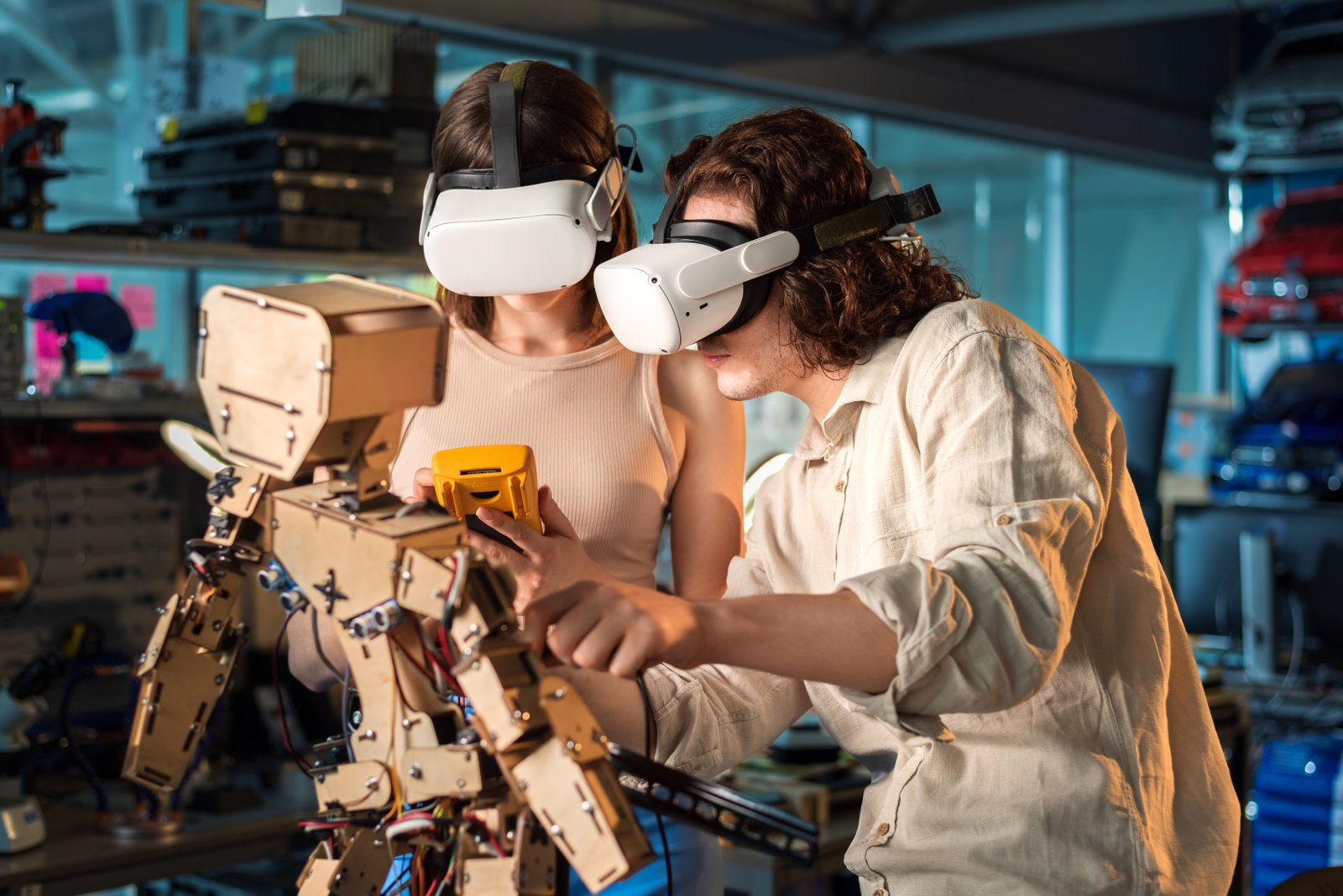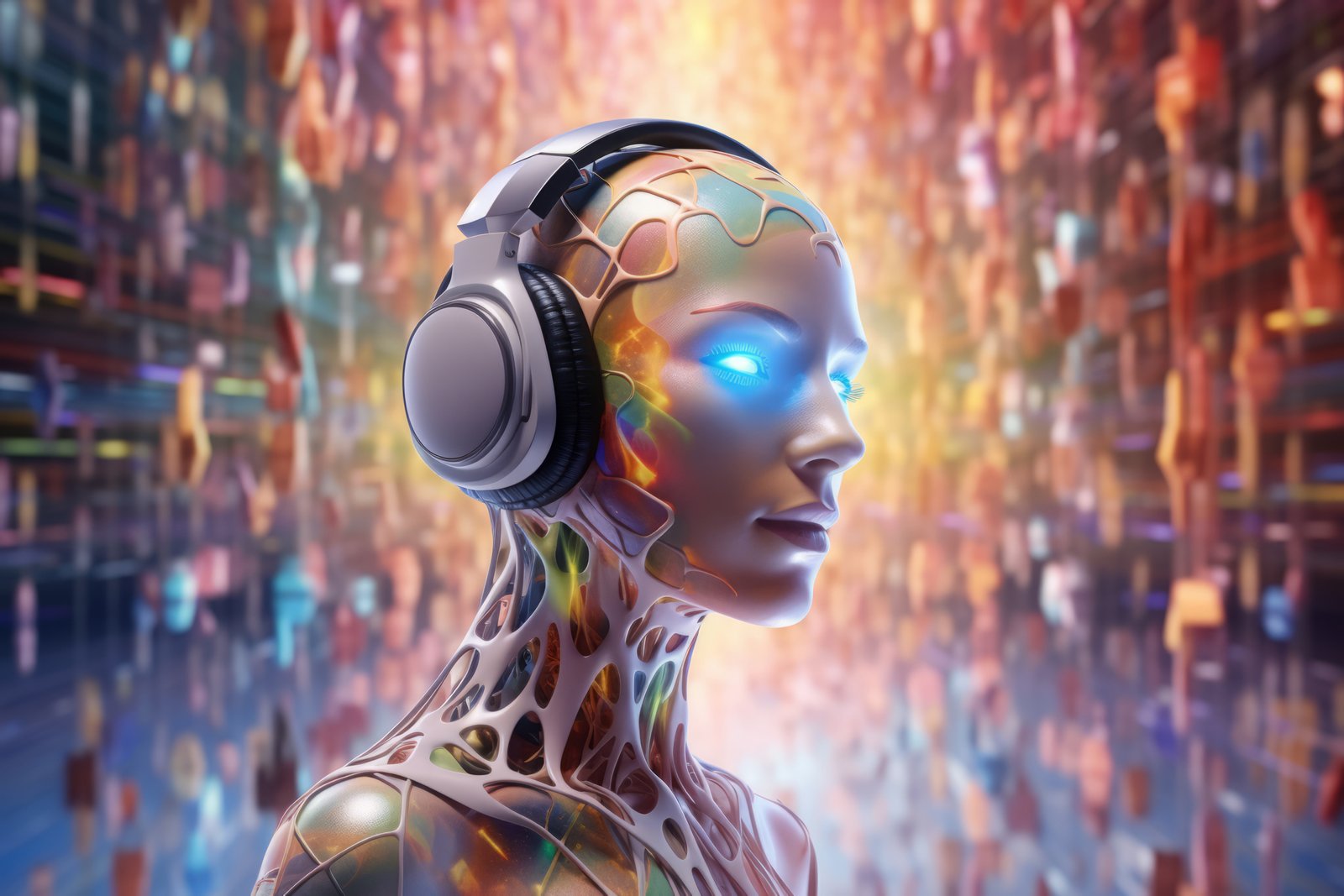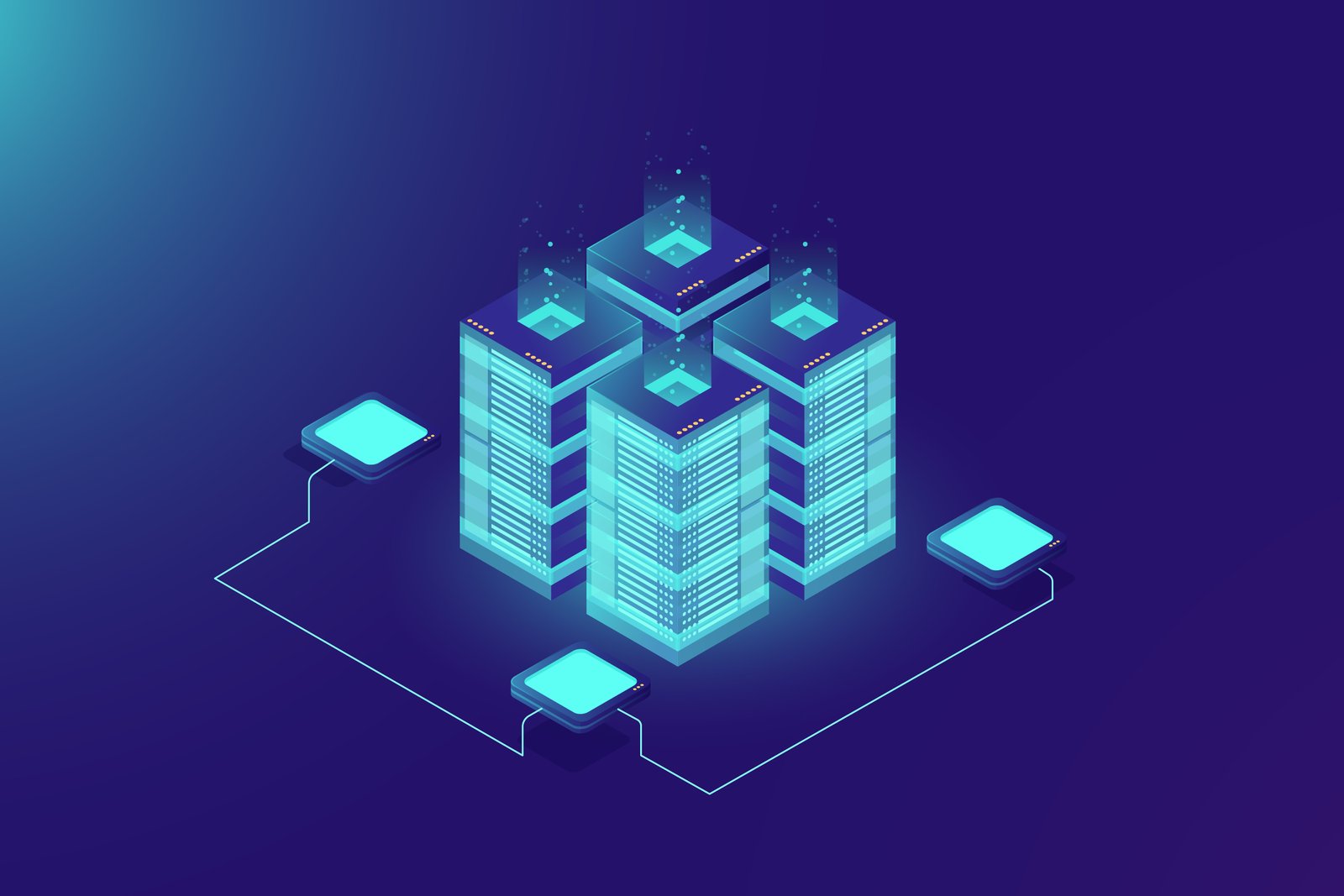How AI Tools Are Enhancing Teaching and Learning in 2024
Revolutionizing Education: How AI Tools Are Enhancing Teaching and Learning in 2024
In recent years, artificial intelligence has rapidly transformed from a futuristic concept into a practical tool across various sectors, including education. As we progress through 2024, AI's role in educational settings has become a focal point for developers, educators, and policymakers. This blog explores how AI is reshaping the educational landscape, making learning more personalized, accessible, and efficient.
The AI-Enhanced Classroom
AI technologies are increasingly being integrated into the classroom environment, offering unique advantages that address traditional educational challenges. Tools like AI tutors and personalized learning platforms are at the forefront of this transformation.
Personalized Learning: AI systems can analyze a student's performance and learning habits to tailor educational materials to their specific needs. This personalized approach helps in identifying knowledge gaps and providing customized support to enhance the learning experience.
AI Tutors: Platforms like Numerade offer AI-powered tutoring that helps students develop personalized study plans. These tutors assess a student's strengths and weaknesses, adapting in real-time to provide targeted study aids that improve their academic performance.

Improving Accessibility and Inclusivity
AI also plays a crucial role in making education more accessible to diverse learning populations, including students with disabilities or those who require learning in different languages.
Language Translation and Support: AI-driven programs are capable of providing real-time translation and learning support, breaking down language barriers that have traditionally hindered access to quality education.
Accessibility Tools: For students with visual or hearing impairments, AI technologies offer tools that transform text into speech or provide real-time captions during lessons, ensuring that education is inclusive for all.
The Impact of AI on Teachers
While AI introduces many tools that benefit students directly, educators are also reaping the benefits of these technologies. AI can automate administrative tasks such as grading and scheduling, allowing teachers to dedicate more time to teaching and student interaction.
Administrative Automation: AI tools can handle time-consuming tasks like grading assignments and managing classroom schedules, reducing the administrative burden on educators.
Enhanced Teaching Materials: AI can assist in developing more engaging and interactive teaching materials. For example, tools like Character.ai allow educators to create interactive learning experiences with AI-generated characters, bringing new dimensions to lesson plans.
Challenges and Considerations
Despite its benefits, the integration of AI in education also presents challenges. Privacy concerns, the need for secure data handling, and the ethical use of AI are critical issues that must be addressed to ensure these technologies benefit all students without unintended consequences.
Privacy and Data Security: As AI systems often require access to personal data for customization, ensuring the privacy and security of student information is paramount.
Ethical Concerns: There is an ongoing debate about the extent to which AI should play a role in education, especially concerning replacing human interaction in teaching. Ensuring that AI supplements rather than replaces human engagement is crucial for maintaining the educational balance.
Conclusion
AI in education offers a promising glimpse into the future of learning, marked by personalization, inclusivity, and efficiency. As we continue to navigate its implications and integrate these technologies into educational practices, the potential to enhance learning outcomes and make education more accessible is immense. Educators, technologists, and policymakers must collaborate to harness AI's potential responsibly and ethically, ensuring it serves as a valuable educational tool rather than a replacement for human interaction.
"AI is not just transforming the future of education; it's here now, reshaping how we learn with every tool and technology, ensuring education is personalized, accessible, and more engaging than ever before."








